By Kaitlyn McWalters (UC Berkeley)
Traveling alone internationally can be scary for anyone, and it’s downright terrifying for individuals with unique health concerns.
Following a grueling history of dislocated knees, shoulders, and even my jaw, I was diagnosed with Ehlers-Danlos Syndrome (EDS), a connective tissue disorder that affects my entire body. There is no cure, so my symptoms can only be managed as they ebb and flow.
I had a longtime dream of going to Japan, but the discovery of my health condition and the pandemic had collaborated to squash my dreams. That is, until one fateful day.
Making the Spontaneous Decision to Study Abroad
I’m part of the Ehlers-Danlos subreddit, which is a support group for people struggling with the same conditions as mine (there are, in fact, 13 variations of this disorder). One day, I read the perfect metaphor that describes what it feels like to have EDS.
To paraphrase, imagine that you’re forced to wear an invisible backpack that no one else can see. Each morning, the backpack is filled with a random number of rocks, and you must wear this uncontrollable burden as you go about your day. You’re chronically fatigued from the weight of the rocks pulling you down. You’re trying to navigate life while carrying this intangible load that no one else can see or completely understand.
On a day when my backpack felt uncommonly light, my mom reminded me of study abroad opportunities. I had always dismissed her suggestions, saying that it wouldn’t be possible with my condition, but on this day, I spontaneously decided to apply to a program in Japan.
I knew the trip would be grueling for my body. It would require miles of walking in the intense, humid summer heat. I knew that there would be days when I would be forced to stay behind to rest my body while my peers went out to explore.
I also knew that this was something I deeply wanted to experience for myself.
Planning for Success: Create a Chronic Illness Management Strategy
While experiences with chronic illnesses can be different for everyone, I live under the personal philosophy that I should not limit my dreams based on my disability. Instead, I advocate for myself and for others to find modified ways in which we can make our dreams a reality.
For instance, I self-imposed a rule that I couldn’t leave my dorm room without a cold drink and sunscreen packed in my bag. Although these are steps toward basic heat protection that everyone should follow, skipping these precautions is especially dangerous for me, as I am very sensitive to high temperatures.
For context, the average temperature in Japan that summer ranged between 90 to 100 degrees Fahrenheit. Add 10 degrees for humidity, and it was consistently 110 degrees outside.
Even if I didn’t want to, I also forced myself to retreat indoors if I started to feel fatigued, which meant that I sometimes had to split off from and reunite with my group after resting. Inevitably, I missed out on a few experiences. But if I had not chosen to go abroad at all, I would have missed out on the hundreds of other experiences I enjoyed that summer.
Anticipating Challenges: When Things Don’t Go as Planned
Despite my best efforts to protect my body from overexertion, I ended up having a health scare in Nara. I was afflicted with heat exhaustion due to being outside for over three hours and not being able to find a cool place to properly eat and rehydrate.
Regrettably, I’d made a day trip alone, as my friends had other plans that weekend, and I wanted to see Nara’s friendly wild deer and enormous Buddhist temple.
At some point, I stumbled into an information center, dizzy and drenched in sweat. I was nauseous and scared, as I knew that my body was shutting down due to how exhausted I was.
My backpack was overflowing with rocks.
I sat alone in the lobby, hoping that my symptoms would subside with time and air conditioning. However, as my condition worsened, I was forced to ask for help from the center’s attendants using only my broken Japanese skills and Google Translate.
Despite the communication barrier and my vomiting on the ground upon presenting my translated message to the attendants, they immediately jumped into action. They sat me down, placed ice packs in my armpits, and gave me cool water to drink. The staff called an ambulance and even reassured me that ambulances in Japan were free.
While I waited, a man, whom I remember had a soft smile and kind eyes, presented me with an origami deer. “For good luck,” he said to me.
In those moments, I was moved nearly to tears. These people didn’t know me, nor did we speak the same language, and yet they treated me with immense care and compassion.
Finding Support and Success Abroad
I made an overnight recovery from my heat exhaustion and returned home with a hospital card that the nurse jokingly called a souvenir.
I also had the origami deer, which I carried with me during the rest of my trip. It was a reminder to be careful in the blazing heat and that even in this unfamiliar place, I was never truly alone.
With a combined force of careful planning, sheer determination, and the support of the locals and friends I made on my trip, I had one of the best experiences of my life. Although it’s stereotypical, studying abroad is truly something that I will remember for the rest of my life. I surpassed my expectations of how much I was able to see and do on my trip, and I came back to America feeling a greater sense of independence and confidence in myself.
I also learned firsthand that even with differences in language and culture, getting the help that you need while abroad is still very much possible–you just have to look in the right places.
Learn more about managing an illness while studying abroad
- See what to pack in your study abroad travel health kit as a starting point.
- Learn about the study abroad travel insurance so you can be prepared in case you need to use it.
- Check out the step-by-step instructions for what to do if you get sick abroad.
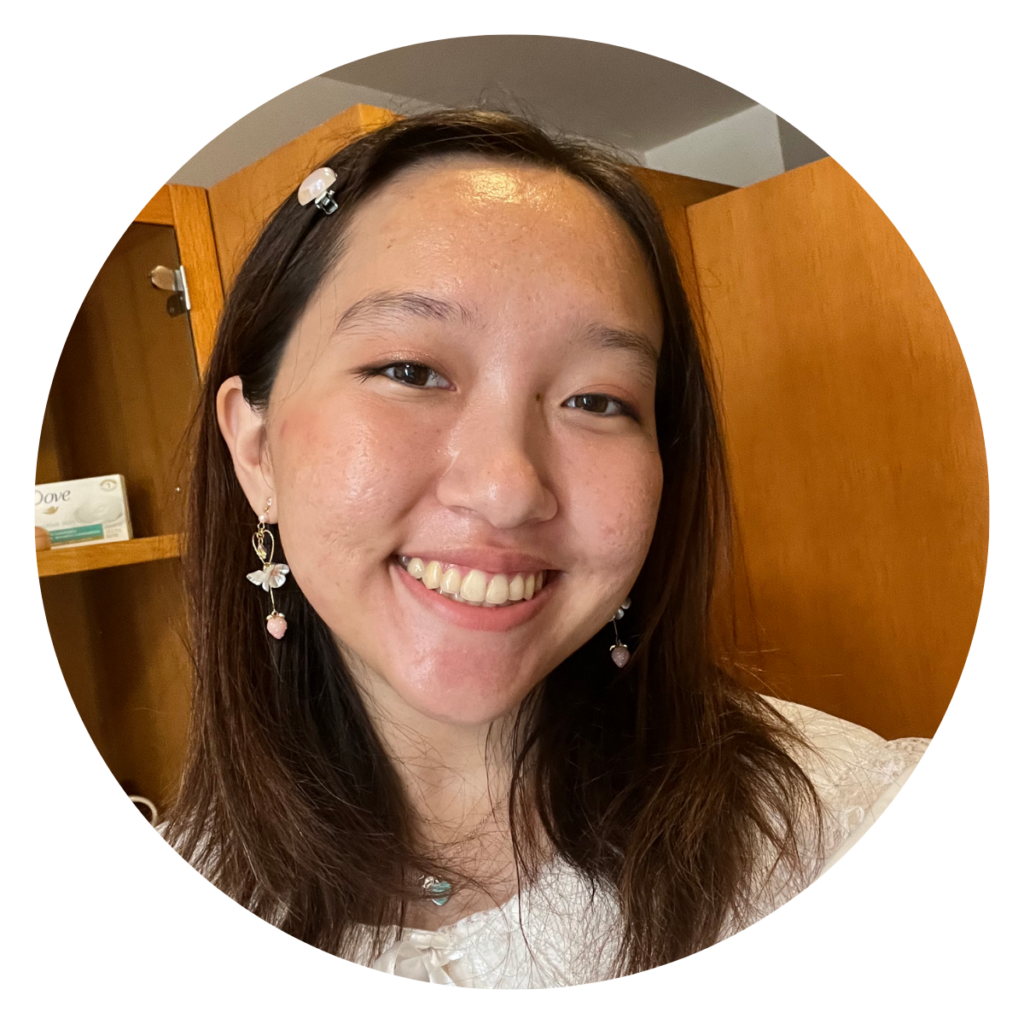

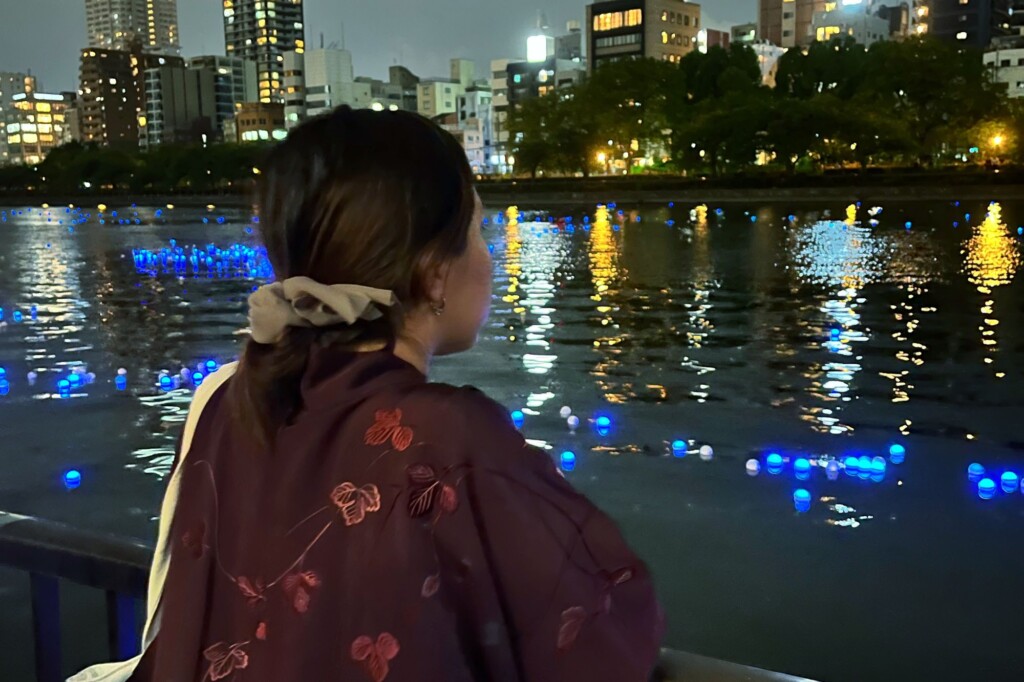
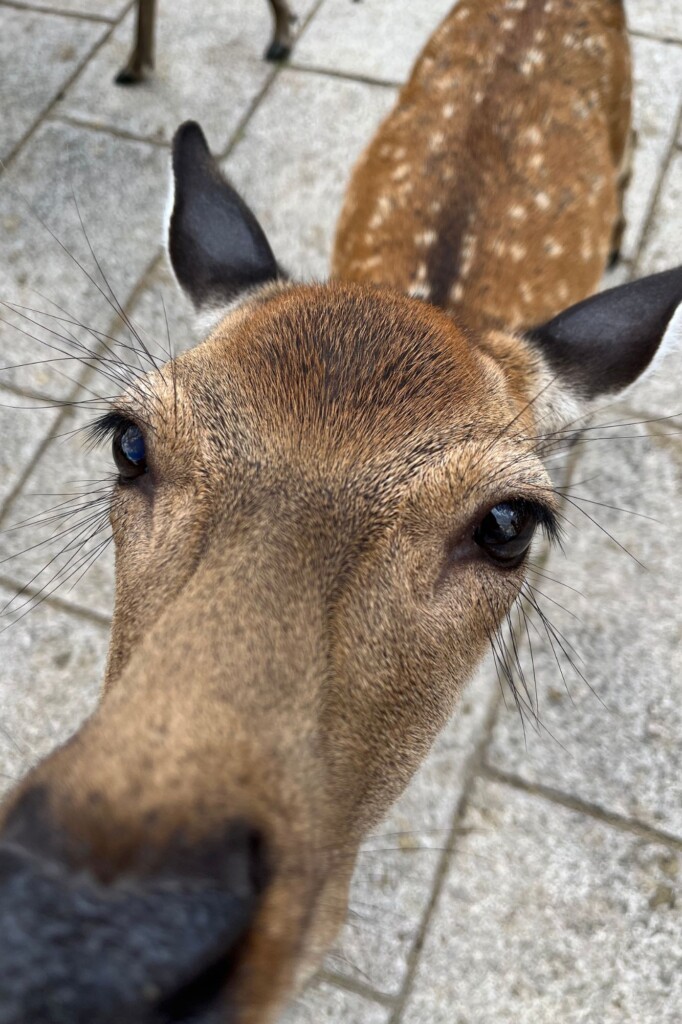
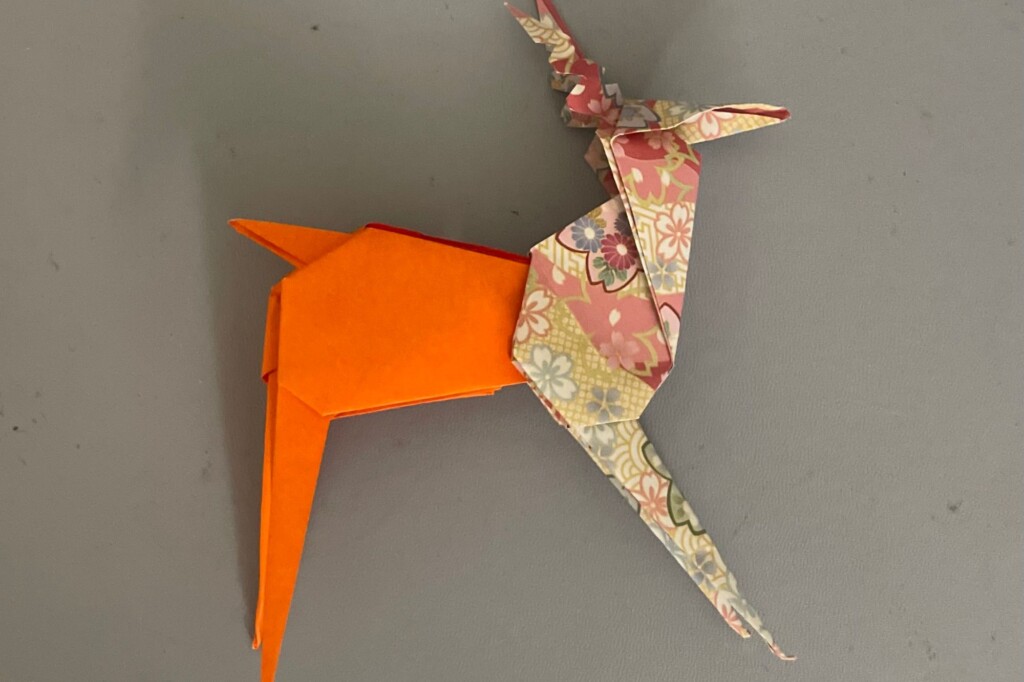
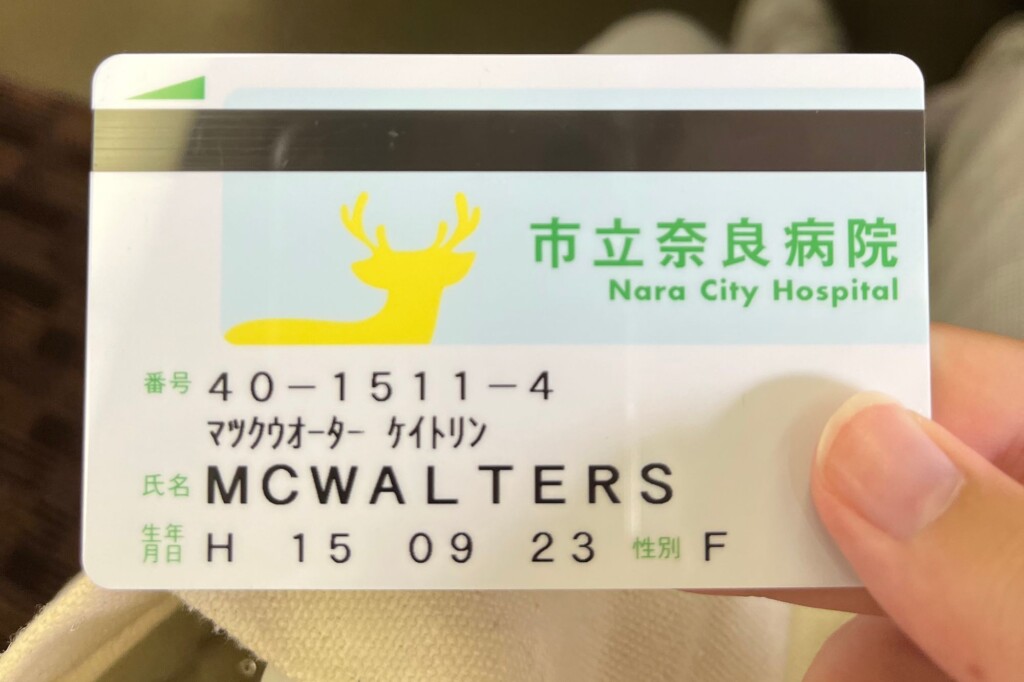
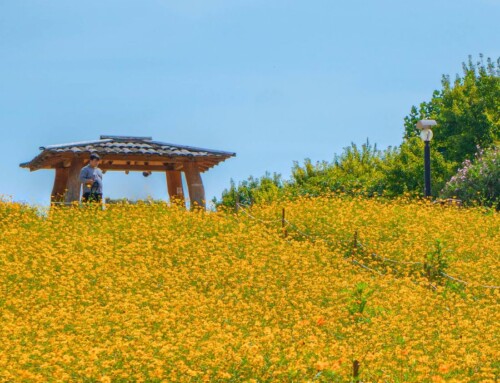
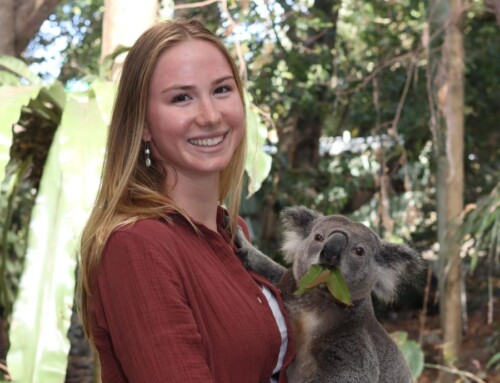

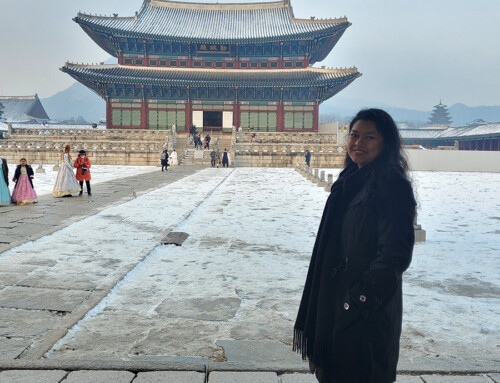
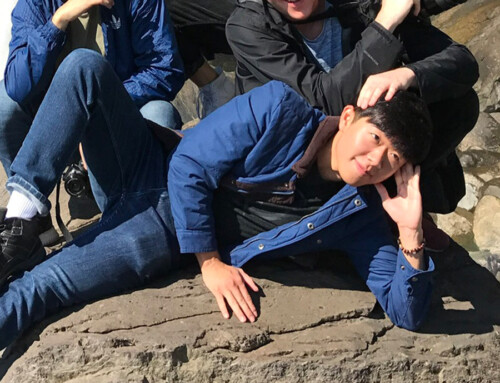

Leave A Comment